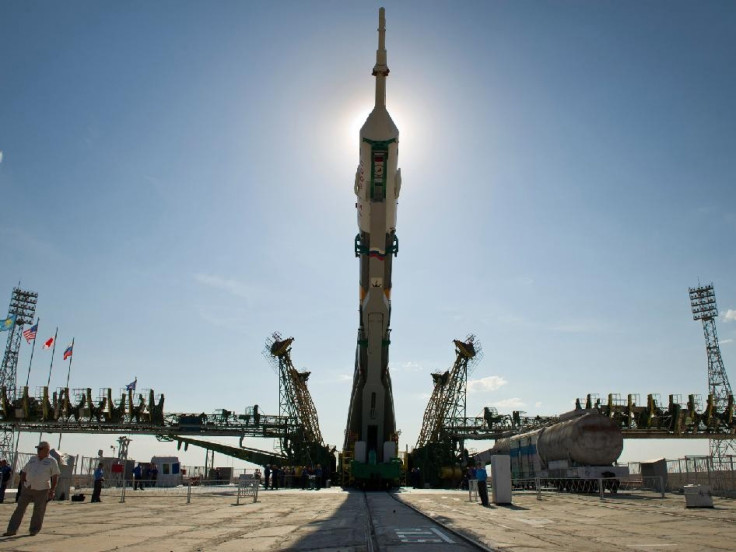Russia to Send Spacecraft to Mars

Russia is the latest country to ramp up their space exploration efforts. On Wednesday, Russia will launch a probe into space with a mission of collecting information on the Martian moon, Phobos.
Russian scientists claim that dust from the Phobos will help unlock the secrets of the solar system's planets and whether Mars ever had or will sustain life.
After two decades of cancelled missions, Russia hopes their latest endeavor will mark their return to large scale space operations. If successful, this mission will be the first time since the fall of the Soviet Union that Russia has completed a space mission.
Mars has always been an inhospitable planet for Russia. The United States has had much more success there, said Maxim Martynov, the project's chief designer at NPO Lavochkin, the major Russian aerospace company that made the Phobos-Grunt, according to Fox News.
However, since the 1960s, Russia has had many problems with Mars. Eight of the last 18 missions failed due to problems with launchers. Even when their probes made it out of orbit, they tended to crash on Mars or lose transmission.
In 1996, the Russians tried a final attempt for a probe to reach Mars. However, the spacecraft failed to leave orbit and it burned up in the air.
Russia is aware of the challenges it faces and is hoping its recent developments will make-up for past mistakes.
This is really a very difficult project, if not the most difficult interplanetary one to date, lead scientist Alexander Zakharov said, according to Fox News. We haven't had a successful interplanetary expedition for over 15 years. In that time, the people, the technology, everything has changed. It's all new for us, in many ways we are working from scratch.
Russian scientists hope that Phobos-Grunt probe will be able to land on flat spot and find ground soft enough to scrape up and return to earth.
In conjunction with the Russian probe, China will attach its first interplanetary spacecraft. The 250-pound Yinghuo-1 will work in the orbit with Phobos-Grunt to study Mars' atmosphere.
This comes at a time when China is actively expanding its own space exportation. China hopes to build its own space station by 2020.
The Phobos-Grunt probe will also be conducting experiments. Tiny bacteria, plant seeds, and small life forms called tardigrades will be placed inside a small canister to see what kind of life forms will be able to survive the interplanetary trip.
The Phobos-Grunt will blast off from Baikonur cosmodrome in Kazakhstan. It will be propelled into space by a Zenit-2SB rocket, according to Russia's space agency Roscosmos.
© Copyright IBTimes 2024. All rights reserved.





















